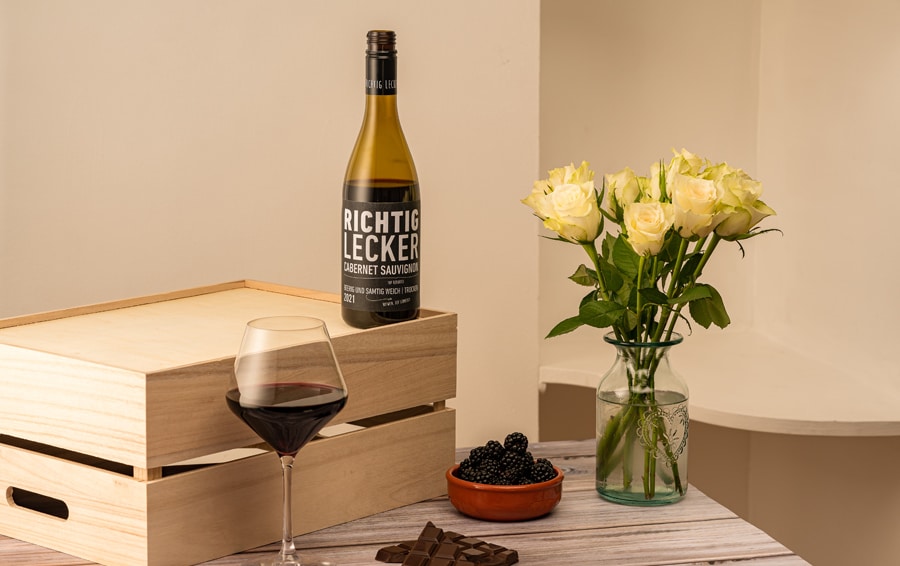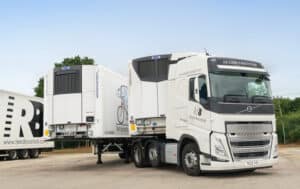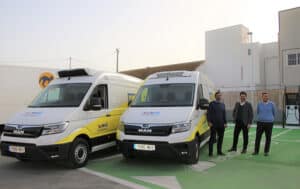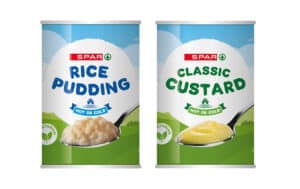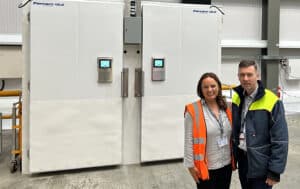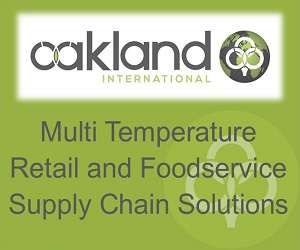A Romanian winemaker is launching an innovative project to introduce the first wine bottles made entirely from recycled plastic recovered from the Danube, to the UK. The Cramele Recas winery, Romania’s largest wine exporter, produces award-winning wine that is sold in major UK retailers from M&S,
Majestic and Waitrose. It is now on a mission to reduce the CO2 emissions caused by the wine industry and find a use for the tonnes of waste plastic that pollute Europe’s largest river.
Rising CO2 emissions and the resulting negative effect that climate change is having on grape harvests is a big issue for the wine industry. 40% of the total CO2 emissions in the wine industry actually come from the production of glass bottles.
To help tackle these problems, Cramele Recas has developed a new wine bottle made from recycled plastic (rPET), that is ready to go on sale in the UK. ‘Richtig Lecker’ is made from 100% Cabernet Sauvignon grapes grown in Romania and will now be bottled in 100% reclaimed PET from the River Danube – Europe’s longest and most polluted river. The river currently transports approximately 1,500 tonnes of PET plastic into the Black Sea every year.
British drinkers have been reluctant to move away from glass bottles, with many regarding wine bottled in plastic as inferior quality. Despite selling its wine in most major retailers, Cramele Recas has faced resistance from UK wine buyers worried about their customers reaction to buying wine packaged in ‘plastic’ bottles.
Philip Cox, co-owner of Cramele Recas, wants to change these views and is calling on retailers to update their ranges with rPET packaged wines, to help reduce the industry’s CO2 emissions and in turn reduce the negative impact of climate change on winemaking.
Philip Cox, co-owner, Cramele Recas, comments, “The wine industry has faced significant challenges in recent years caused by climate change. As an industry, we really need to reduce CO2 emissions by finding alternatives to glass, which is the most significant cause of CO2 emissions in wine production
and is what is messing up the weather, which is, in turn, messing up grape growing which is a major danger to our industry!”
2022 was a challenging year for winemakers who are extremely reliant on the weather. Many suffered from major droughts throughout the summer, hail, and torrential rain during harvest. The weather continues to get increasingly erratic, damaging the wine industry. Ironically, the production and disposal of glass bottles with high CO2 emissions are one of the causes of the change in climate.
Philip continues, “By switching to recycled plastic bottles winemakers can significantly reduce CO2 emissions and play our part in helping to stop climate change. But our biggest obstacle is now facing the retailers who are too scared to take wine sold in plastic bottles seriously. We hope that by raising awareness of the benefits of using rPET shoppers will vote with their feet, and
the bottles will go on sale in the UK soon.”
The new rPET bottles offer a host of benefits for the environment including:
– They use plastic recycled from the Danube River and other local rivers.
– The temperatures needed to produce the rPET bottles is a lot less, resulting in 3 times less carbon emissions than glass, when produced.
– When compared to glass production, which involves massive factories that need to run 24/7, while keeping the glass molten hot permanently, the production machines for the PET bottles, can be turned on and off easily, according to demand. If a glass factory stops, and cools down, the molten glass solidifies and the entire furnace will need to be destroyed and rebuilt. The PET machines are,
also, able to produce a wide range of sizes, and shapes, very easily and quickly.
– When bottling, the PET bottles work just as well as glass in the bottling lines. There will be no large investment needed to refurbish the machines.
– As we increase in volume of production, we will be able to buy a machine which blows the PET bottles in the winery. This will further save on transport emissions.
– The transport of PET bottles to the consumer emits up to 10 times less carbon emissions. This will be dependent on how the wine is shipped, and how far the bottles will travel.
– With PET bottles weighing 50g, they are significantly cheaper to transport, as you can fit 30% more wine into a shipping container due to the weight restrictions on all containers. Due to the weight of glass being 500g, all wineries tend to ship containers that are a third empty.
– PET bottles are an alternative packaging solution which is most similar in appearance to glass. This similarity allows for consumers to purchase a product which is comparable to what they are used to, compared to cans, or paper bottles.

